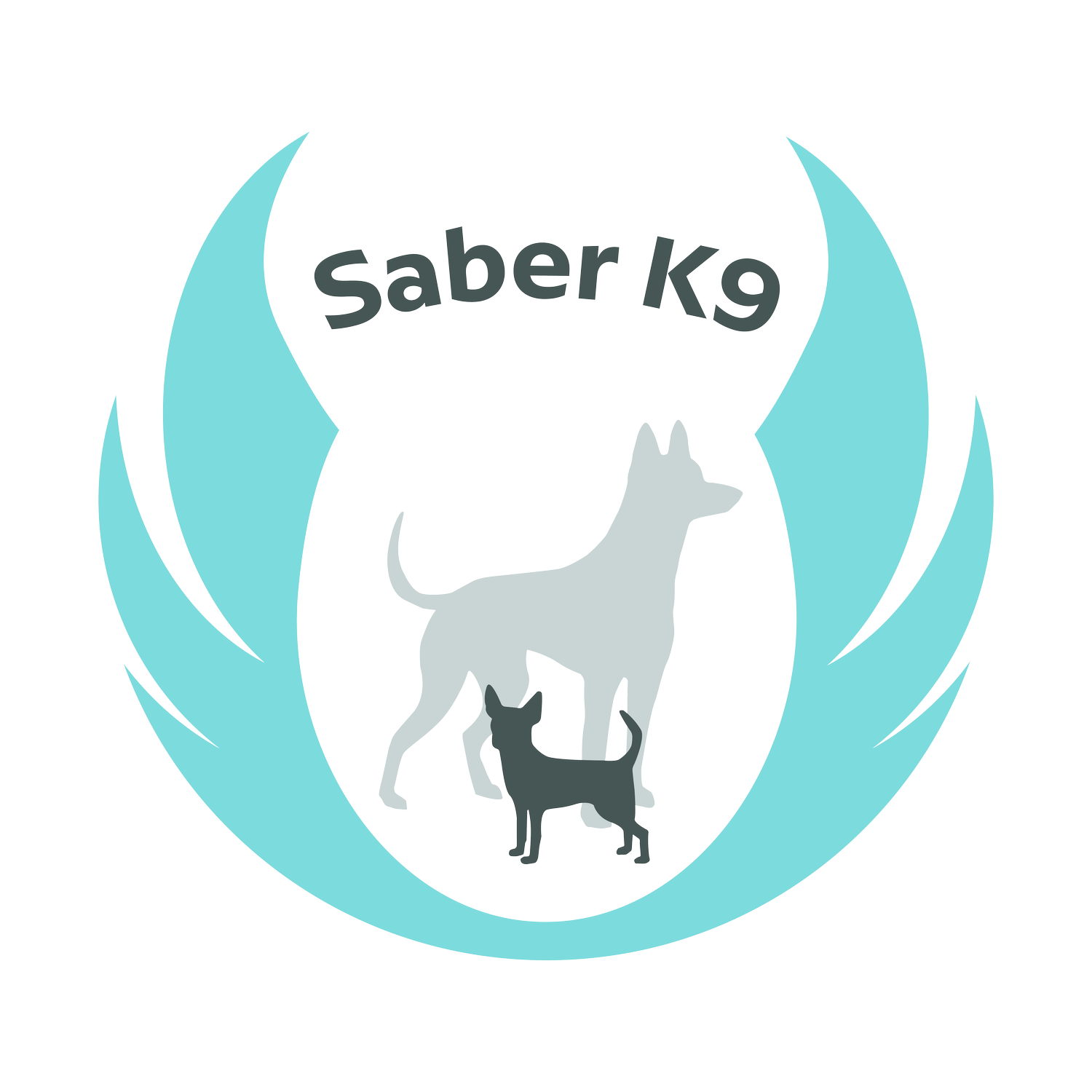The Importance of Proper Puppy Socialization: Building a Foundation for Non-Reactive Dogs
Socialization plays a crucial role in shaping a puppy's behavior and temperament as they grow into adult dogs. However, there are common misconceptions about what effective socialization entails. In this article, we will explore the significance of proper puppy socialization from a young age and how it can prevent reactive behaviors in the future.
Dispelling Misconceptions:
One prevailing misconception is that socialization means allowing puppies to freely interact with every dog they encounter. However, it's important to remember that we are raising future dogs, not just puppies. Allowing unrestricted play and greetings can lead to two distinct paths as puppies mature into adults, both of which can result in reactive behavior.
The Reactive Excitement:
On one path, we have dogs that become overly excited and pull their owners toward every new person or dog they see. This excessive enthusiasm may seem harmless at first, but it can create challenges in everyday situations. Picture the character Dug from Disney's Up!—adorable, but lacking impulse control and struggling to focus.
The Overwhelmed Fear:
The other path leads to dogs that become overwhelmed and fearful whenever they encounter new stimuli. They may develop an aversion to new experiences, anticipating the need for interaction and feeling anxious as a result. This fear-based response can limit their ability to adapt and enjoy a well-rounded life.
The Reactive Outcome:
Both of these outcomes classify the dogs as reactive, meaning they display reactive behaviors such as barking, lunging, or pulling on the leash. It is common for these reactive dogs to seek professional help, such as the services of a dog trainer, to address and manage their reactive tendencies.
Proper Puppy Socialization:
So, how should we approach puppy socialization to foster well-adjusted and non-reactive adult dogs? The key is to focus on engaging with your puppy in new environments while teaching them to remain neutral to external stimuli like other dogs and people. The goal is to develop a sense of calmness and self-assurance in various situations.
Engagement and Neutrality:
Instead of promoting indiscriminate interactions, prioritize engagement between you and your puppy in different environments. Encourage them to focus on you and follow your cues rather than becoming overly fixated on external distractions. This creates a solid foundation for future training and helps puppies learn to remain calm in the presence of stimuli.
The Role of Dog Friends:
While fostering neutrality is important, it does not mean isolating your puppy from other dogs. Interactions with trusted, well-behaved dogs belonging to your human friends and family are valuable for teaching appropriate social skills. Controlled playdates with compatible dogs can contribute positively to their development.
The Rule of Thumb:
To determine whether to allow your puppy to meet another dog or a stranger, use a simple rule of thumb: if the interaction is fleeting and they will not have a lasting presence in your puppy's life, it is best to avoid the meeting. This approach ensures that meaningful interactions are reserved for individuals who will play a significant role in your dog's life.
Conclusion:
Proper puppy socialization is essential for preventing reactive behaviors in adult dogs. By focusing on engagement, teaching neutrality, and selecting meaningful interactions, we can raise well-adjusted and non-reactive companions. Remember, we are not merely raising puppies; we are shaping future dogs through thoughtful socialization practices.



